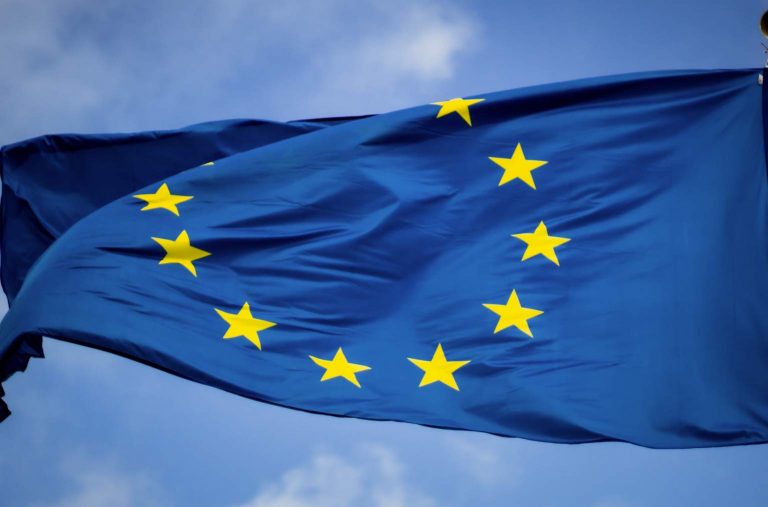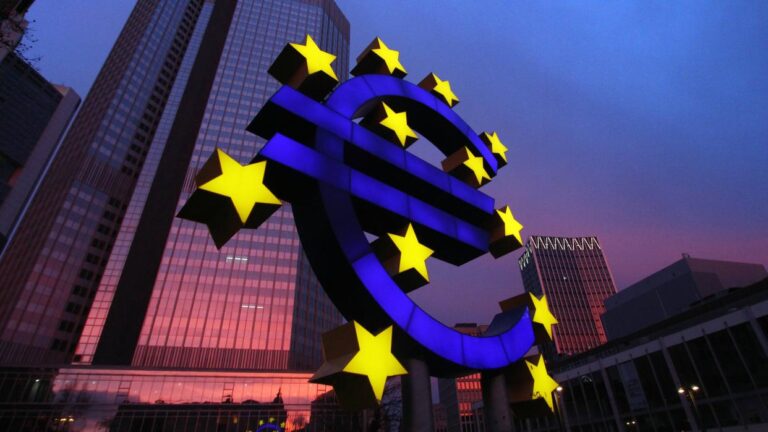
Morning Brief – Oh, and another thing…
As if Europe did not have enough on its plate already as the world watches for developments on the Ukrainian border, the European Court of Justice is also in focus. Officially named the CJEU, the European level court serves to act as the ultimate authority on European law and provides a venue for multinational legal arbitration. The role of the Court has been significant in almost every notable phase of European (dis)integration. Most recently, you will likely recall how the role of the supranational body in upholding any potential Brexit agreement almost stifled a successful withdrawal process altogether.
Today, the CJEU is once again drawing attention to Europe. The European Recovery Fund was able to provide support to the Euro offering light at the end of the tunnel and a mechanism to restore growth once Europe had managed to free itself from the grips of the pandemic. The multi-billion Euro fund was agreed after member states found common ground that was able to appease both fiscally profligate and parsimonious members. However, the requirement to demonstrate an adherence to the rule of law and make human rights commitments did alienate some peripheral member states.
Poland and Hungary, notable beneficiaries of existing EU cohesion spending and due to receive large chunks of recovery fund spending, brought forward challenges to the CJEU about these requirements. These actions brought to the Court have been dismissed in their entirety giving the European Commission the greenlight to constrain recovery fund payments to these nations if they fail to meet the conditionality associated with the project. For Poland this draws EUR 24bn of grants into question and for Hungary, 5.9bn alongside similarly sizeable preferential loans.
Weakness has already pervaded many Eastern European currencies despite the area in general starting their own monetary tightening cycles last year. EU funding is a significant component of capital inflows in Hungary and Poland who each maintain independent currencies in the open market. Further European emerging market FX weakness could be expected as tensions within the Union compound the risks presented by Russia in today’s market.
Discussion and Analysis by Charles Porter

Click Here to Subscribe to the SGM-FX Newsletter
Related Insights

Daily Brief – Chancellor Reeves
Chancellor Reeves Market observers were no better informed at the end of the Rachel Reeves speech than they were at the outset yesterday morning. The only surprise was that having comprehensively floated options in the past two months for inclusion in her November 26 Autumn Statement, that the Chancellor should have elected to speak at […]

Daily Brief – European Job Vacancies
European Job Vacancies Here’s a chart which made us sit up and reflect on how things differ across the larger European economies. Looking at job vacancies in 2020 at the time of the pandemic versus today, France and Germany have approximately 15% more jobs on offer whereas Spain has 53% more and Italy a stonking […]

Daily Brief – Eurozone Growth
Eurozone Growth Those productive Germans have for the second month been less productive it turns out in December which was a surprise to the pointy heads deputed to monitor EU stats. The story is as follows: the German services sector remains relatively resilient but manufacturing output has declined. At present the French economy is doing the […]



 Humphrey Percy
Humphrey Percy